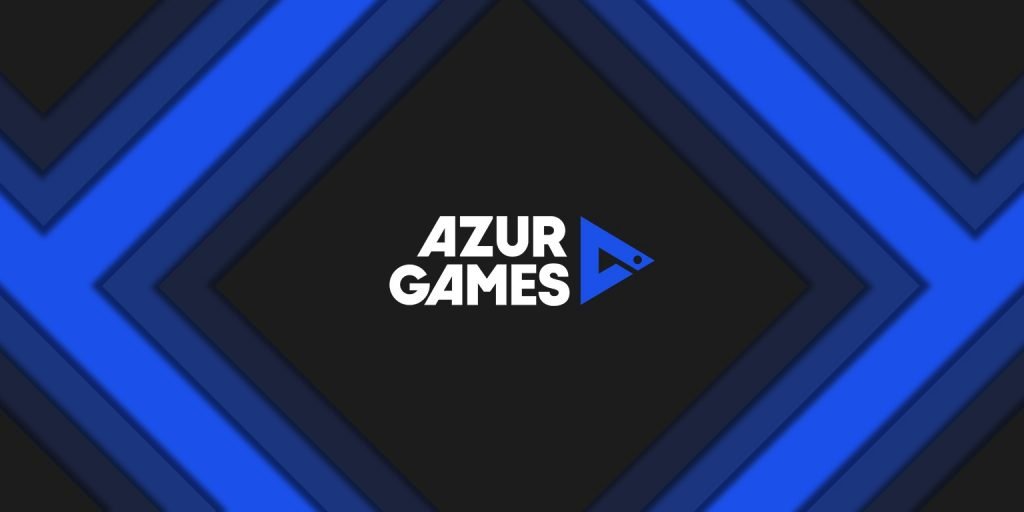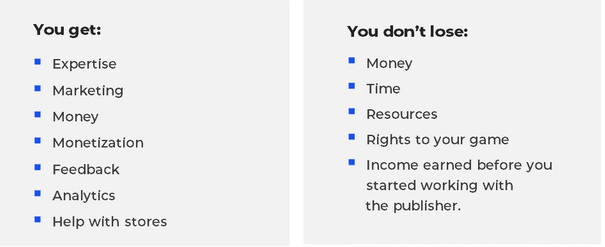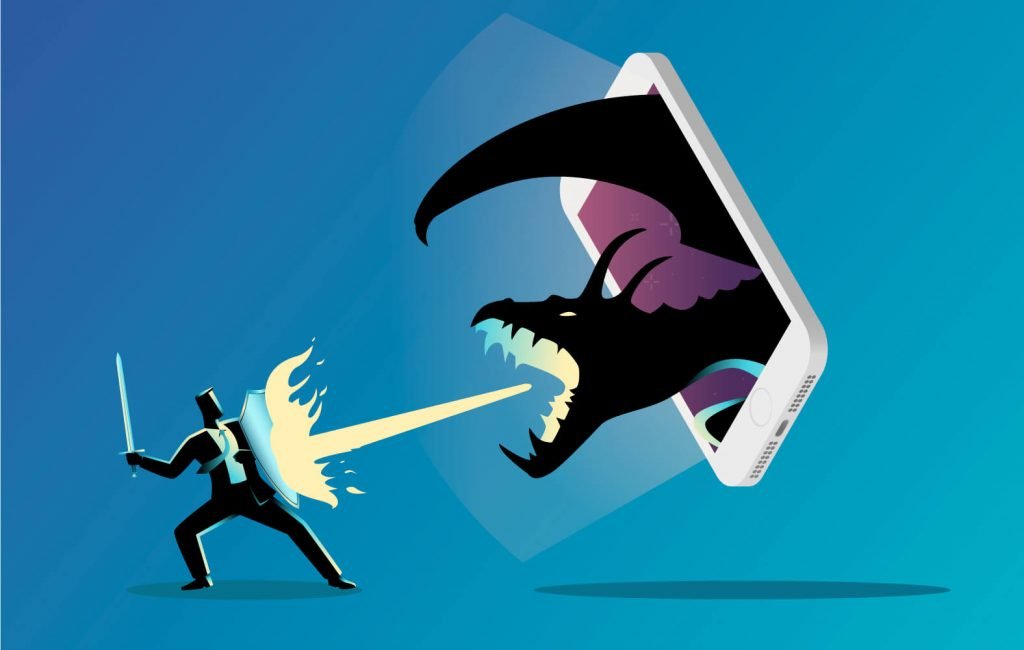The mobile games industry is very busy. Even the most exciting projects can get lost among thousands of new releases. Today, only successful collaboration between a developer and publisher can help a project to hit the top of the charts. In this guide, we will talk about how to pitch your mobile game to publishers. We wanted to give a professional help, that’s why we reached out to Azur Games, the team behind many hit games like Modern Strike Online, Axes.io, Stack ball, Worms Zone.
Ilya Smirnov, General Producer of Azur Games, knows everything there is to know about developer—publisher relations. Every month, he reviews a variety of projects from various studios looking to get published by Azur Games. Without further due, let’s jump into the guide.
First, why do you need a publisher?
Publishers exist to help talented teams break through to the top and make high-quality projects there’s a real demand for. Contrary to common belief, publishers don’t just “sell” everything they get their hands on. Instead, they help the target audience find interesting games, improve products and help developers do what they love with the help and expertise they’ve been accumulating for years.
More and more publishers are offering favorable terms, so there isn’t much sense trying to do everything on your own. Remember: even if you’re not satisfied with how your collaboration is going and project growth is below what you expected, you can always cease cooperation and find another publisher, keeping all the rights to your project.

What do publishers offer developers?
The main benefit of working with a publisher is that they take on marketing duties in full, including buying traffic, making creatives (videos and banners), ASO (App Store Optimization), working with stores, and so on. At Azur Games, we also help developers improve game mechanics and settings through our own development department for mid-core and hyper-casual games.
Remember that even if your game has already demonstrated its success, a publisher’s expertise and experience can scale up your accomplishments by 10x or 100x.

How to choose a publisher?
- Choose a publisher based on their publishing portfolio. There isn’t much sense offering a mid-core game to a publisher specializing in hyper-casual projects. But there are also publishers with expertise in both mid-core and hyper casual titles, (think Azur Games).
- Pay attention to the number of the publisher’s projects. The more projects they’ve handled, the more experience they have.
- Note how big the publisher is. Small publishers don’t have much of a reputation to protect yet, so there’s more risk collaborating with them.
- Contact several publishers at once. This will help you choose the most favourable partnership terms.
- Read the contract carefully. The conditions, scope of work, term and sums should all be in writing. Carefully consider the terms of contract termination. You need to retain your IP right.
I found the perfect publisher! Now what do I show them?
- Introduce yourself, and tell them about your team and the product’s concept. Don’t forget the golden rule: less is more.
- Show your project (a short gameplay video is enough). Make sure it demonstrates the game’s concept, mechanics and setting.
- Let the publisher “test drive” your product: attach a build (if you’ve got one) or provide a link to the game in a store.
- As a publisher, we can say that the best pitch you can make is with numbers. Add your analytics data (Retention rate Day 1 & Day 7, Average session time per user).
- If you buy traffic, tell what GEOs you use and don’t forget to mention your CPI cost.
- You don’t need to make a detailed presentation, but if you want to anyway, make it short with working links to the game build or gameplay video.
What stage should the game be at when I take it to a publisher?
If your product exists in any form, it’s a good idea to show it to a publisher and let them test it. You can start working with your audience while the game is still in pre-production to help figure out which setting and mechanics work best.
In fact, it’s all too common for developers to underestimate the helpful feedback they can get at the start of development. It’s often the case where developers want to make their project perfect before showing it to players. But a publisher will help you start gathering feedback from your target audience from the very start so you won’t have to recreate or abandon a project you spent so much time and effort on.
We recommend contacting publishers when the game is still in concept, you have a working prototype, or your project is fully ready.

Even if you just have an interesting idea but the product doesn’t exist yet, we can still test it. We test products for AppStore and Google Play. We can make fake shots and measure the number of clicks. This won’t give us an exact install cost, but can help us indirectly evaluate audience interest. At this stage we can also compare different visual styles and choose the most clickable. It’s not a guaranteed final decision, but it’ll help us get rid of the weakest options.
What if our metrics aren’t good enough?
Don’t get too wound up about individual metrics. A publisher’s main goal is revenue and scaling through traffic. If your retention is low, there have to be objective reasons why. For example, incorrect positioning, “low-quality” traffic, and even lack of a release. A publisher won’t reject a project due to low metrics, first they’ll try to evaluate whether they’re worth improving on.
How can I protect myself if a publisher tries to steal my game?
This isn’t just unlikely, it’s not worth the effort. Most publishers are interested in long-term cooperation with development teams that leads to a large project portfolio, not just a few stolen ideas.
Even with talent and luck on your side, only a precious few original ideas end up playing out. The situation is the same with startups. Investment funds always invest in several projects, there’s no other way. That means publishers are interested in teams who generate ideas on a regular basis, or who can skillfully implement their publisher’s ideas.
In the event of theft, the financial and reputational loss to a publisher will be huge; it’s smarter to do 10 projects with the same developer, some of which are successful, than role the dice as a criminal.

Have something on your mind? Reach out to Azur Games
Publisher sites always list their contacts, or you can just email a company’s business development team. These people know everything about the terms of cooperation and will help you gain a better understanding. If you want to work with Azur Games, or to get feedback and see your product metrics. Send your game info and an installation file to [email protected], or contact their business development manager Yana Vesnina at [email protected] — Good luck with your game!





